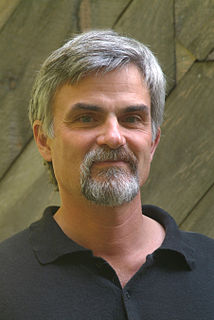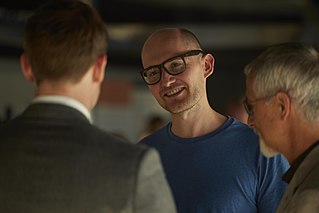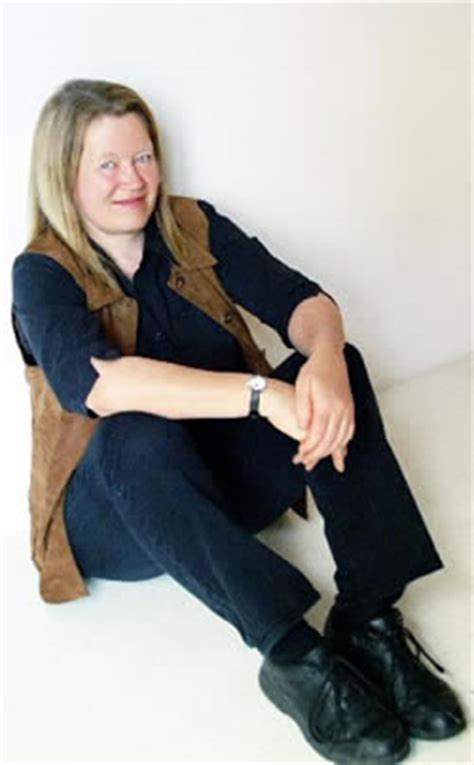A Quote by Stephanie Coontz
Families have always been in flux and often in crisis; they have never lived up to nostalgic notions about "the way things used tobe." But that doesn't mean the malaise and anxiety people feel about modern families are delusions, that everything would be fine if we would only realize that the past was not all it's cracked up to be. . . . Even if things were not always right in families of the past, it seems clear that some things have newly gone wrong.
Related Quotes
Originally the structure was . . . a modern narrator who would appear intermittently and talk about his memories of his grandmother, which would then be juxtaposed against scenes from the past. But the stories from the past were always more interesting that the things in the present. I find this almost endemic to modern plays that veer between past and present. . . . So as we've gone on developing GOLDEN CHILD, the scenes from the past have become more dominant, and all that remains of the present are these two little bookends that frame the action.
Families are like countries. They have their own language and jokes and secrets and assumptions about the right and wrong ways of doing things, and some of that always shows in the children, the way something of Germany or Australia always shows in a German or an Australian, no matter where they go. Outsiders like it or they don't, they feel at home there or they don't. It's like the taste of cilantro.
We urgently need a debate about the best ways of supporting families in modern America, without blinders that prevent us from seeing the full extent of dependence and interdependence in American life. As long as we pretend that only poor or abnormal families need outside assistance, we will shortchange poor families, overcompensate rich ones, and fail to come up with effective policies for helping families in the middle.
I always wanted to have a young female artist that would tell me the truth about life and not only talk about the good things or the things that were exciting or interesting but also talk about the things that people in general are skeptical to talk about- the bad things that do happen. A good 50% of our lives is things that are happening that we're not necessarily super thrilled about and I feel like that's missing from pop music a lot of the time so my main goal is to be truthful about everything and not just specific things.
But you were a goody-goody, you said.' 'Even goody-goodies think about such things. In fact, I would say that's what defines us. We're always thinking about the things we don't dare do, figuring out where the lines are drawn, so we can go right up to the edge of things, then plead innocence on the ground of a technicality.
She looked up. "What I can't figure out is why the good things always end." "Everything ends." "Not some things. Not the bad things. They never go away." "Yes, they do. If you let them, they go away. Not as fast as we'd like sometimes, but they end too. What doesn't end is the way we feel about each other. Even when you're all grown up and somewhere else, you can remember what a good time we had together. Even when you're in the middle of bad things and they never seem to be changing, you can remember me. And I'll remember you.


































